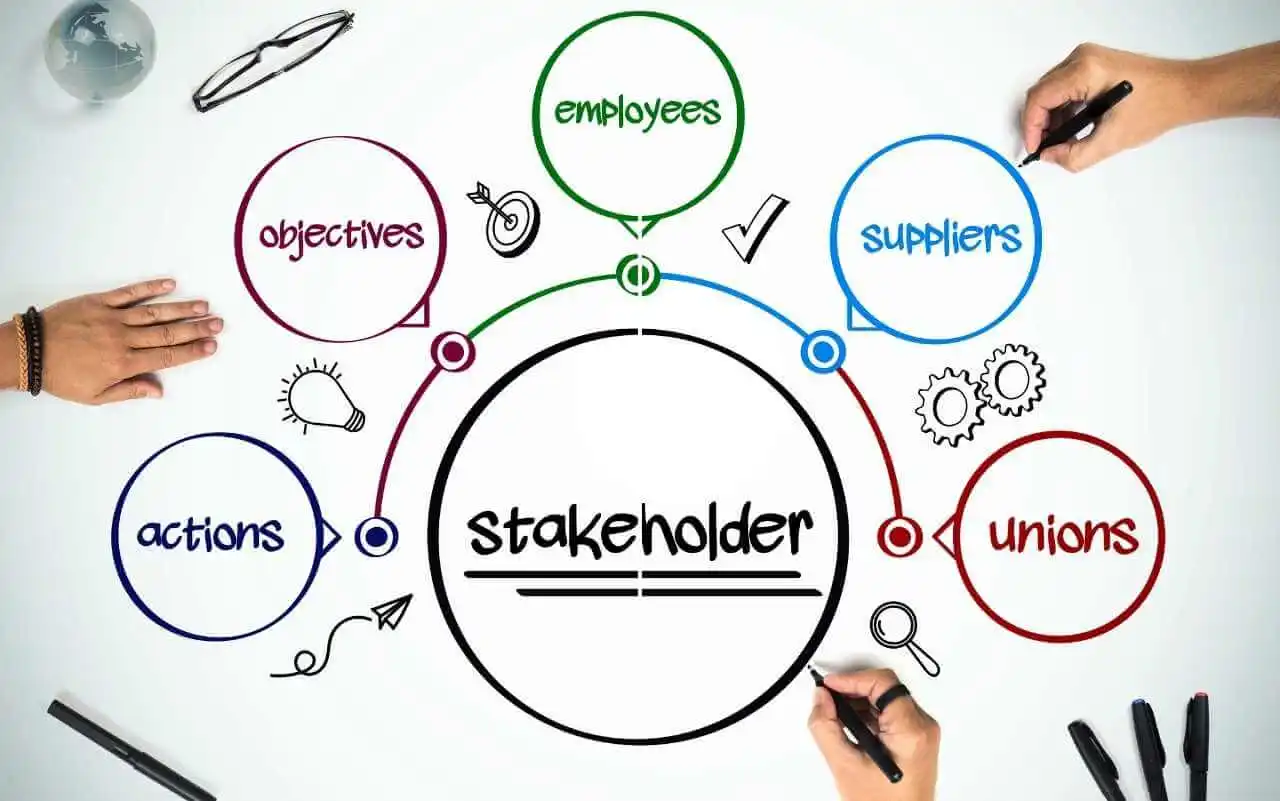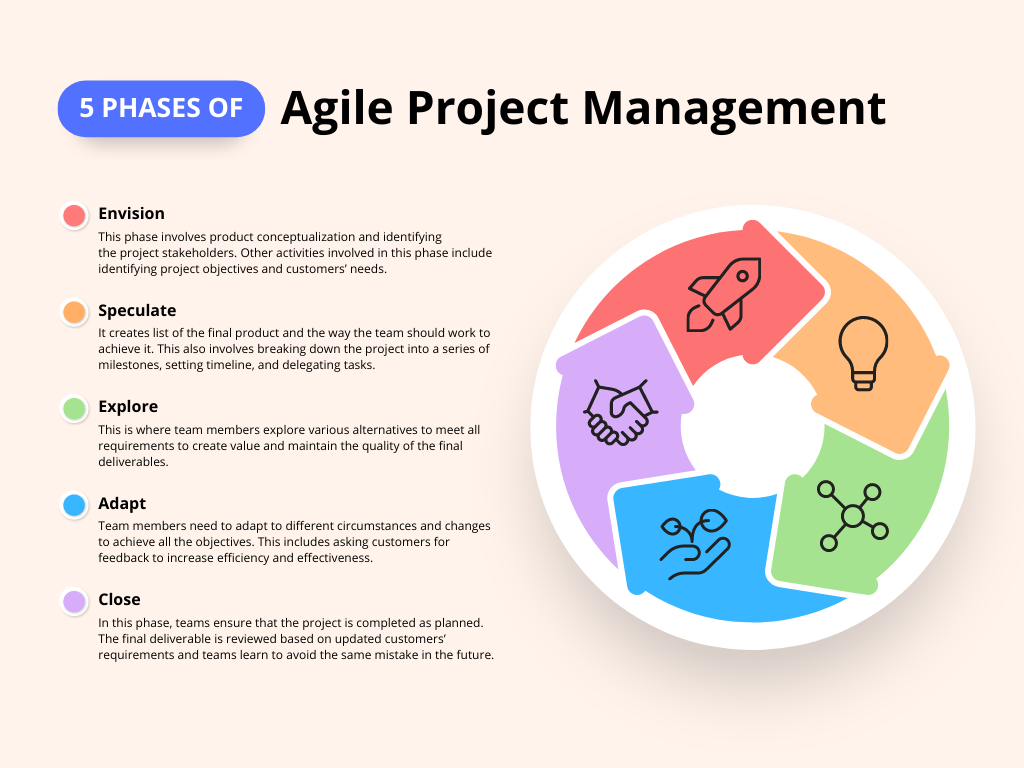Introduction to the Fear of Change in Career Transitions
Change, especially in your career, can feel like standing at the edge of a cliff. It’s natural to feel scared or uncertain about what lies ahead. This fear often stems from the unknown and the idea of stepping out of our comfort zone. You might worry about failing, not fitting in, or regretting your decision. But here’s the thing: it’s okay to feel this way. Fear of change is a common reaction when faced with significant decisions that can impact our lives. Understanding that fear is a natural part of the process is the first step towards overcoming it. Remember, every big leap forward starts with a decision to try. So, as we dive into this topic, keep in mind that it’s not about eradicating fear but learning how to manage it for a smoother transition. Let’s explore how you can turn this fear into a stepping stone for growth in your career.
Understanding the Roots of Career Transition Fear
Change scares most of us. That jump from a familiar job to something new can make your stomach twist. But why? It’s often because of the unknown. We worry about failing, not fitting in, or regretting our decision. Plus, there’s the fear of losing financial stability. It’s natural. Recognizing this fear is step one. By seeing it clearly, we start dismantling its power over us. Remember, everyone at some point faces these fears. You’re not alone in feeling uncertain about making a career shift.
The Psychological Impact of a Career Change
Facing a career change sparks a mix of emotions. At its core, it’s a highly personal experience, often stirring fear, excitement, uncertainty, and hope. The psychological impact can be profound, reshaping one’s identity and self-concept. After all, many of us closely tie our sense of self to our careers. The prospect of stepping into the unknown challenges this view, triggering stress and anxiety. Yet, this very journey of navigating the unknown cultivates resilience. Embracing change teaches adaptability, a skill invaluable in both personal and professional realms. It’s about reshaping our daily tasks and perspectives on what we can achieve. Transitioning careers is not just a shift in what we do; it’s a leap toward who we can become. Remember, it’s normal to feel unsettled, but the potential for remarkable growth and self-discovery lies within this process.
Preparing Yourself Mentally for the Transition
Change can feel like a giant leap into the unknown, especially in your career. It’s okay to feel nervous or unsure, but don’t let those feelings hold you back from making a move that could change game-changer life for the better. Preparing yourself mentally means getting your mind in the right place to embrace the change ahead. Start by understanding that feeling scared is normal. It means you’re stepping out of your comfort zone, and that’s where growth happens. Next, create a vision of where you want to be. Think about what excites you about this new opportunity. Reminding yourself of why you’re making the change can keep you motivated. Then, set some achievable goals for yourself. Break down the transition into smaller, manageable steps. This makes the change seem less overwhelming and keeps you moving forward. Also, surround yourself with support. Talk to people who have been through a similar transition or seek out mentors. Their advice and encouragement can be invaluable. Lastly, practice self-care. Change is stressful, so make sure you’re looking after your mental and physical health. This might mean setting aside time for relaxation, exercise, hobbies, or whatever helps you recharge. Getting your mind ready is just as important as getting your resume ready. With the right mindset, you’ll be prepared to tackle this change head-on and thrive on your new path.
Practical Steps for a Smooth Career Transition
Start with research. Understand your destination industry or role inside-out. What skills are in demand? Who are the major players? Connect with people working in those roles on LinkedIn or other platforms. They can offer insights and perhaps introduce you to opportunities. Polish your resume. Tailor it to highlight the skills and experiences relevant to your new career path. It’s not just about past jobs but about transferable skills. Prepare for interviews. Expect to answer why you’re making a change. Be honest, but focus on how your background positions you uniquely to excel in this new field. Embrace learning. You might need additional training or certifications. Many resources are available online, some even for free. Stay positive and persistent. Change is hard, and rejection is part of the process. Learn from every experience and keep pushing forward. Networking is key. The more people know about your career transition, the more support and opportunities you’ll likely encounter. Don’t shy away from asking for advice or introductions. Keep an open mind. Your dream role might look different than you initially imagined. Be flexible in your expectations and open to where the journey takes you.
Seeking Professional Career Transition Help
Getting help from a career coach or counselor can be a game-changer when you’re looking at making a big career move. Think of them as your personal career guide. They’ve got the roadmap and the expertise to help you navigate through the twisty paths of career change. A good coach can provide you with the tools, confidence, and strategy you need to make the leap. They can help you understand your strengths, pinpoint what you really want in your next job, and even assist with practical stuff like polishing your resume and prepping for interviews. Sure, it might cost you a bit of cash, but investing in professional help could mean the difference between landing a job that’s just okay and one that’s perfect for you. Remember, it’s about taking the smart steps that lead to big wins in your career.
Networking and Building New Connections
Networking isn’t just about handing out business cards; it’s about building genuine connections. Focus on getting to know people. Talk about what you both care about, listen more than you talk, and think about how you can help them, not just yourself. Use social media to your advantage, but remember, face-to-face or video calls can create stronger bonds. Don’t hesitate to reach out to new contacts or reconnect with old ones. Every person you meet has the potential to lead you to new opportunities, insights, or advice crucial for your career transition. Keep it genuine; you’ll see how your network can become one of your strongest assets.
Learning New Skills and Adapting to Change
Facing a career transition means you need to gear up with new skills. Think of it this way: every profession has its toolbox. When you change careers, some tools will carry over, but you’ll need to pick up new ones. This doesn’t mean going back to square one. Instead, view it as adding more tools to your belt. Start with understanding the key skills your new field demands. Are they technical skills, like coding, or softer skills, like effective communication? Once identified, explore ways to learn them. Online courses, workshops, or even volunteering can offer practical experience. Remember, adapting to change isn’t just about adding skills; it’s also about your mindset. Stay flexible and open to new methods of working. This agility will not only help in smoothing your transition but also make you a valuable asset in any field. Remember, learning is continuous, and adapting is key to growth. So, embrace the shift with confidence and curiosity.
Maintaining a Positive Attitude Throughout the Transition
Maintaining a positive attitude is crucial when you’re navigating through a career change. Let’s face it: change is tough, but your mindset has a massive influence on how smoothly the transition goes. Focus on the opportunities ahead rather than what you’re leaving behind. Here are some practical ways to keep your spirits high: First, surround yourself with supporters—people who believe in you and your potential for growth. Secondly, visualize your success. Imagine yourself thriving in your new role, and it helps build confidence. And don’t forget to celebrate every small win on your journey. Each step forward is progress. Lastly, be patient with yourself. All good things take time, and a career shift is no exception. Remember, a positive outlook not only makes the transition more bearable but also attracts positive outcomes. Stay optimistic and keep pushing forward.
Conclusion and Embracing Future Career Transitions
Change is challenging but not impossible to navigate. Look, moving through a career shift is like preparing for a marathon. It’s a step-by-step process that requires focus, commitment, and a bit of courage. Sure, the fear of the unknown can be overwhelming, but here’s the deal—embrace it. See each challenge as a chance to grow and each setback as a lesson. Remember, it’s not just about landing a new job. It’s about building the life you want, one brave decision at a time. So, when facing future career transitions, keep your head up and your eyes on the prize. Change is not just a possibility but an opportunity to discover your true potential. Go ahead, take that leap of faith. Your future self will thank you for it.








